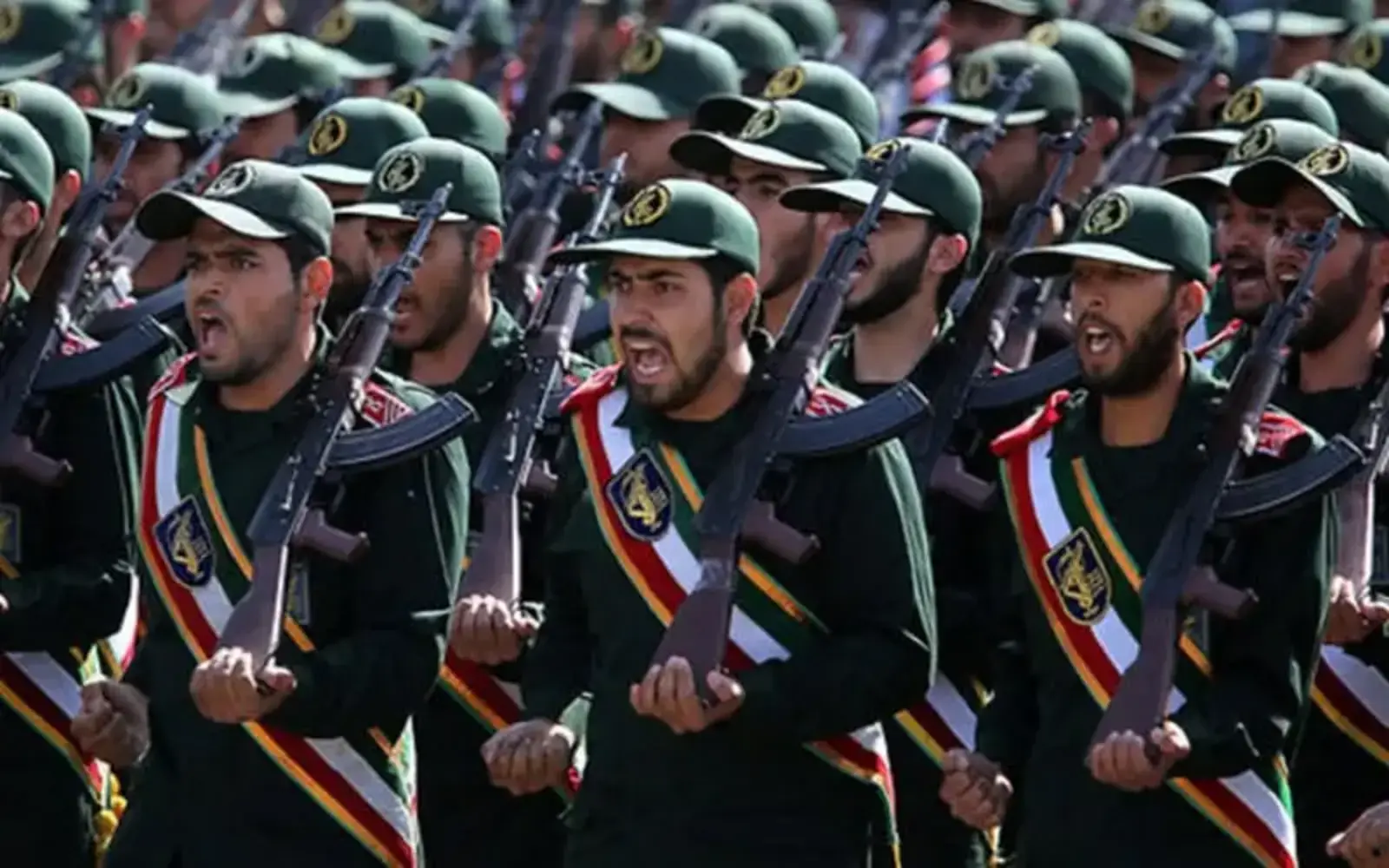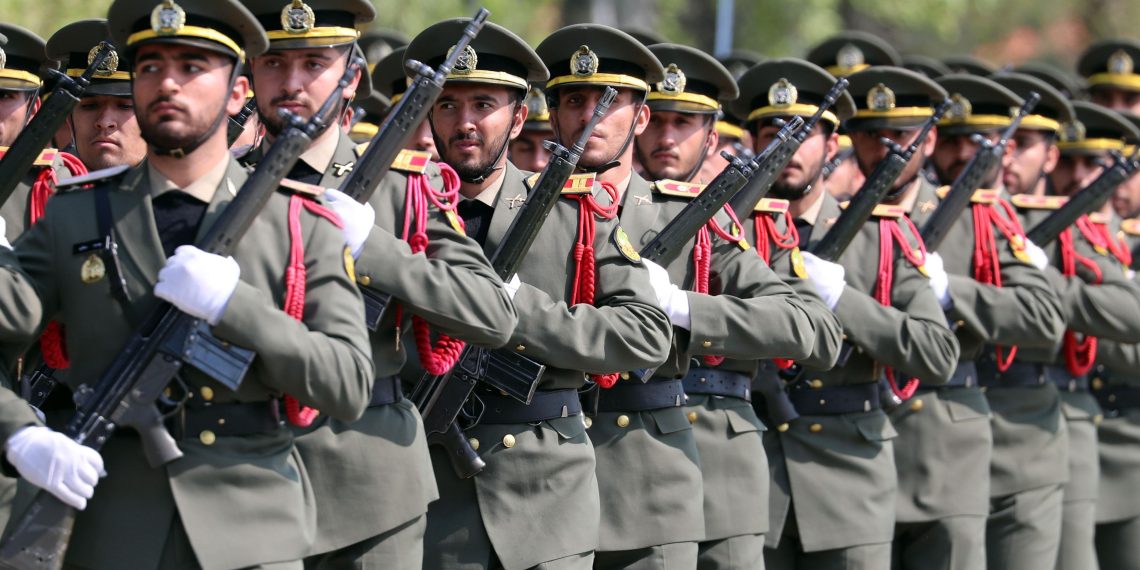Canada has officially designated Iran’s Revolutionary Guards as a terrorist organization, aligning with the US and increasing pressure on European nations to take similar action.
This designation allows Canadian authorities to charge individuals who provide material or financial support to the Islamic Revolutionary Guard Corps (IRGC) and mandates that banks freeze any assets associated with the group.
The US had already labeled the IRGC, a branch of the Iranian military, as a terrorist organization in 2019. However, Britain has so far resisted making a similar designation.
British Foreign Secretary David Cameron has indicated that there is no significant demand from UK security services for such a move, and that it would likely lead to Iran severing diplomatic relations with the UK.
Labour, which is leading in the polls ahead of the UK’s July 4 election, has expressed support for proscribing the IRGC, a stance that previously received strong cross-party backing.
However, this proposal was not included in Labour’s recent manifesto, suggesting internal disagreements within the party.
Lord Cameron has expressed a preference for direct negotiations with Iranian leaders rather than engaging through intermediaries like the Swiss embassy in Tehran, which the US uses.
Canada’s decision reflects the influence of its large and politically active Iranian diaspora, which has been advocating for this move for years.
The IRGC was responsible for shooting down Ukraine International Airlines flight 752 in January 2020, killing 176 people, many of whom had strong connections to Canada.

Additionally, the IRGC has been accused of foreign interference and intimidation of the Iranian diaspora in Canada, as well as cyber-attacks.
Iran claimed that the downing of the Ukrainian plane was a mistake made under heightened tensions with the West.
Previously, Canada had listed the Quds Force, the IRGC’s covert foreign intelligence and paramilitary branch, as a terrorist entity.
In October 2022, Canada banned entry for senior IRGC leaders and imposed sanctions on them. Diplomatic relations with Iran had been severed by Ottawa in 2010.
Iranian activist Nazanin Afshin-Jam warned Canadian MPs that failing to act would allow the IRGC’s “terror” to proliferate, leading to further political, economic, and human costs.
Canada’s decision comes amid a tumultuous presidential election in Iran, following the death of President Ebrahim Raisi in a helicopter crash, with the state of Iran’s strained international relations and its impact on its struggling economy being key issues.
In reaction to Canada’s move, Iran’s acting foreign minister, Ali Bagheri, emphasized the IRGC’s role in combating Islamic State and stated that Ottawa would be held accountable for its decision.
Canadian Public Safety Minister Dominic LeBlanc did not specify the exact reasons for the decision but denied that it was influenced by political pressure.
In December 2023, a bipartisan group of lawmakers urged Prime Minister Justin Trudeau’s government to list the IRGC as a terrorist group, citing its support for Hamas before and after the October 7 assault on Israel, which triggered the current Gaza conflict.
The designation entails that any financial institution holding accounts linked to IRGC members will be required to freeze, seize, or restrain those accounts or properties.


